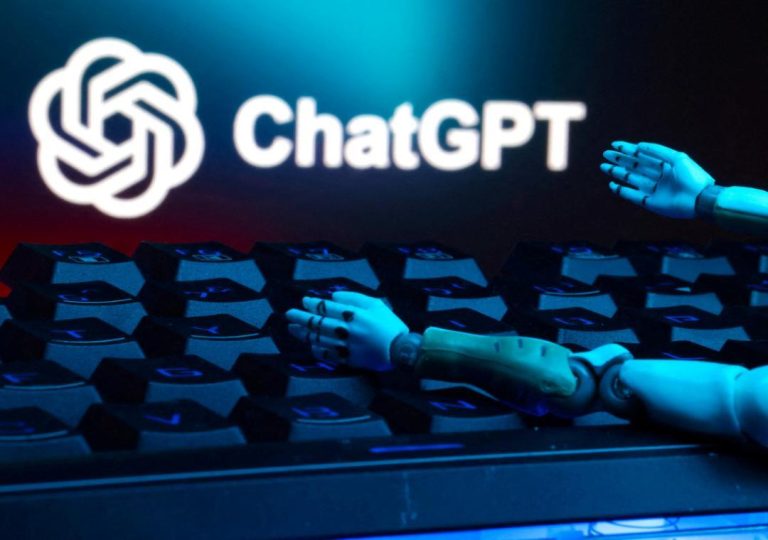
Physiotherapy: How AI & AR are making pain a thing of the past
Physiotherapy has undergone a significant transformation in recent years, thanks to the integration of Artificial Intelligence (AI) and Augmented Reality (AR) technologies. These innovative tools are revolutionizing the way physiotherapists approach pain management and prevention, enabling them to provide more effective and personalized care to patients. In this blog post, we’ll delve into the ways AI and AR are transforming physiotherapy, making pain a thing of the past for many individuals.
The traditional approach to physiotherapy often focuses on treating existing pain and injuries. However, this approach often fails to address the root causes of the problem, leading to prolonged recovery times and increased risk of re-injury. AI and AR technologies are shifting the focus from treatment to prevention, enabling physiotherapists to identify and address musculoskeletal issues before they become severe.
Real-time Posture Corrections with AR
One of the most significant advantages of AR in physiotherapy is its ability to provide real-time posture corrections. Using AR glasses or tablets, physiotherapists can track a patient’s posture and provide instant feedback on any deviations from optimal alignment. This technology is particularly useful for individuals with musculoskeletal issues, such as back pain or neck strain, as it enables them to correct their posture in real-time and prevent further strain.
For instance, a patient with chronic back pain may struggle with maintaining proper posture during daily activities. AR technology can help identify and correct these deviations, reducing the risk of further injury and promoting faster recovery. Additionally, AR-enabled posture correction can also help patients develop good posture habits, reducing the risk of future musculoskeletal issues.
Personalized Exercise Plans with AI
AI-powered exercise planning is another area where physiotherapy is seeing significant advancements. By analyzing a patient’s medical history, physical abilities, and goals, AI algorithms can create personalized exercise plans tailored to their specific needs. This technology is particularly useful for patients with complex injuries or chronic conditions, as it enables physiotherapists to create customized plans that address their unique challenges.
For instance, a patient with a knee replacement may require a modified exercise program to ensure proper rehabilitation and minimize the risk of complications. AI-powered exercise planning can create a customized program that takes into account the patient’s specific needs and goals, reducing the risk of injury or re-injury.
Early Detection of Musculoskeletal Issues with AI
AI-powered sensors and algorithms are also being used to detect musculoskeletal issues before they become severe. These sensors can track a patient’s movements and biomechanics, identifying potential issues before they cause pain or injury. This technology is particularly useful for high-risk populations, such as athletes or individuals with pre-existing conditions.
For instance, AI-powered sensors can track an athlete’s movement patterns during training, identifying potential issues with their form or biomechanics. By addressing these issues early on, physiotherapists can reduce the risk of injury and promote faster recovery.
The Future of Physiotherapy: AI & AR Integration
The integration of AI and AR technologies in physiotherapy is poised to revolutionize the way we approach pain management and prevention. By shifting the focus from treatment to prevention, these technologies enable physiotherapists to provide more effective and personalized care to patients. As AI and AR continue to evolve, we can expect to see even more innovative applications in the field of physiotherapy.
In conclusion, AI and AR are transforming physiotherapy in ways that were previously unimaginable. By providing real-time posture corrections, personalized exercise plans, and early detection of musculoskeletal issues, these technologies are making pain a thing of the past for many individuals. As the healthcare landscape continues to evolve, it’s clear that AI and AR will play a critical role in shaping the future of physiotherapy.
Source:
https://www.healthcareradius.in/features/technology/physiotherapy-obesity-tech






